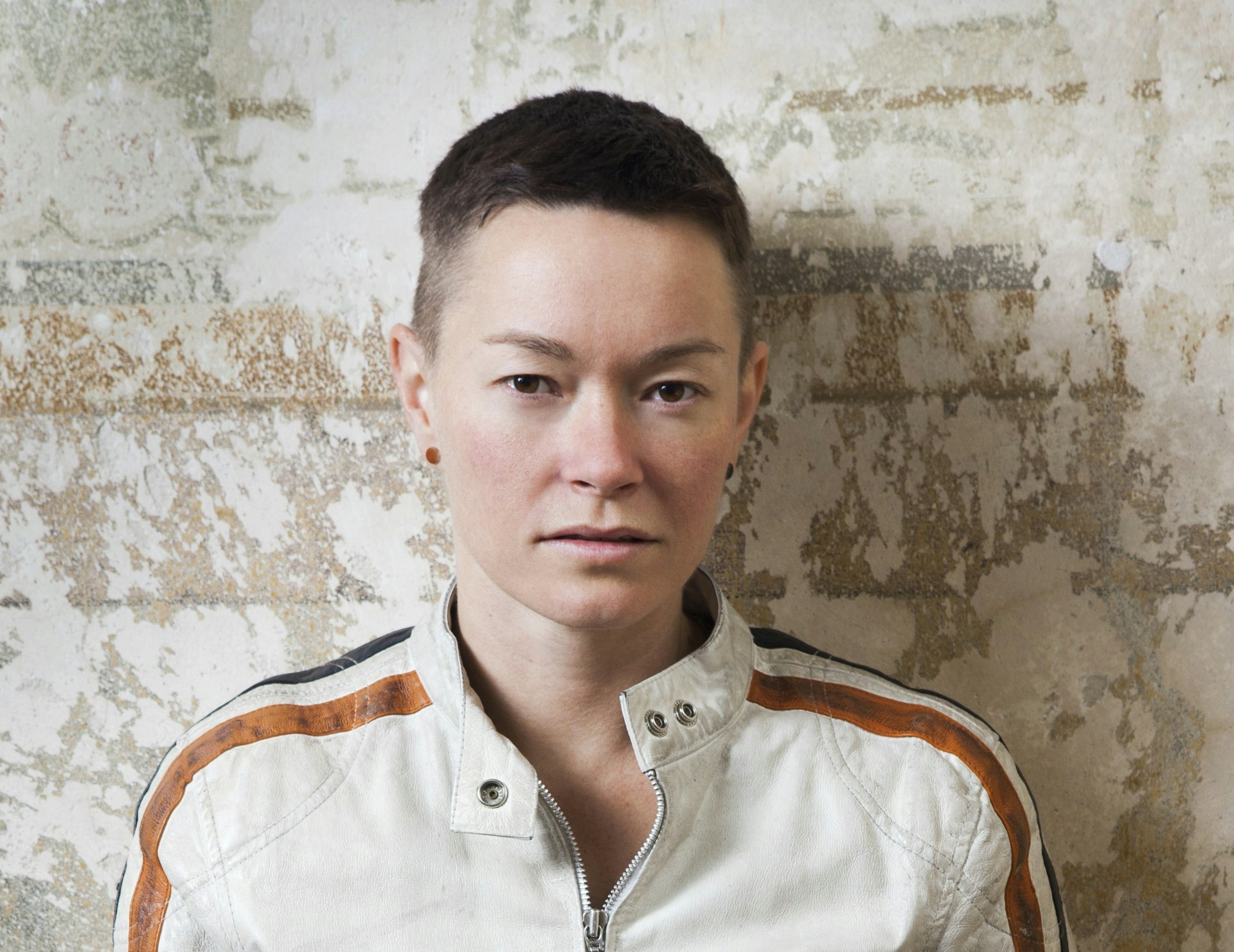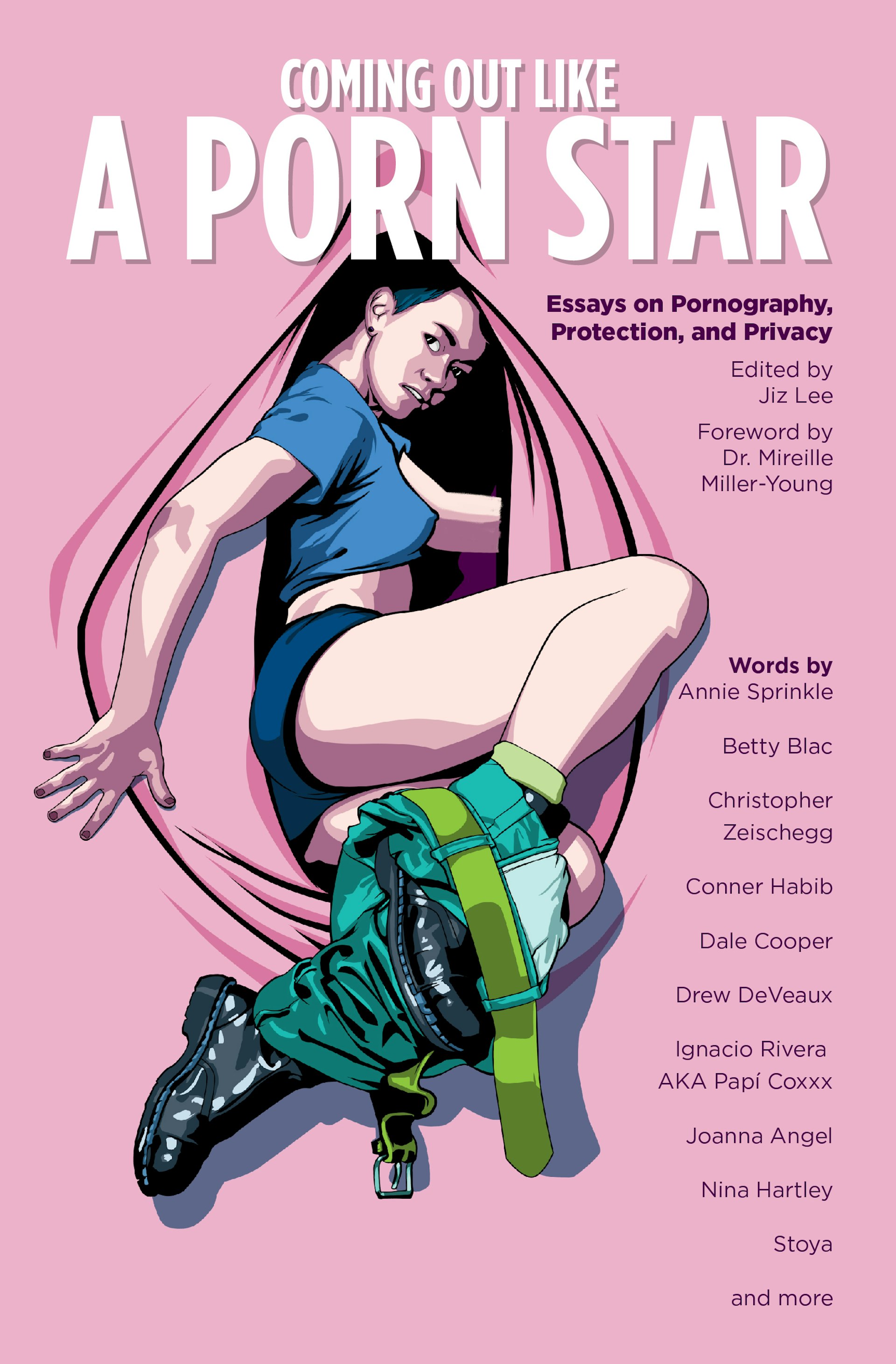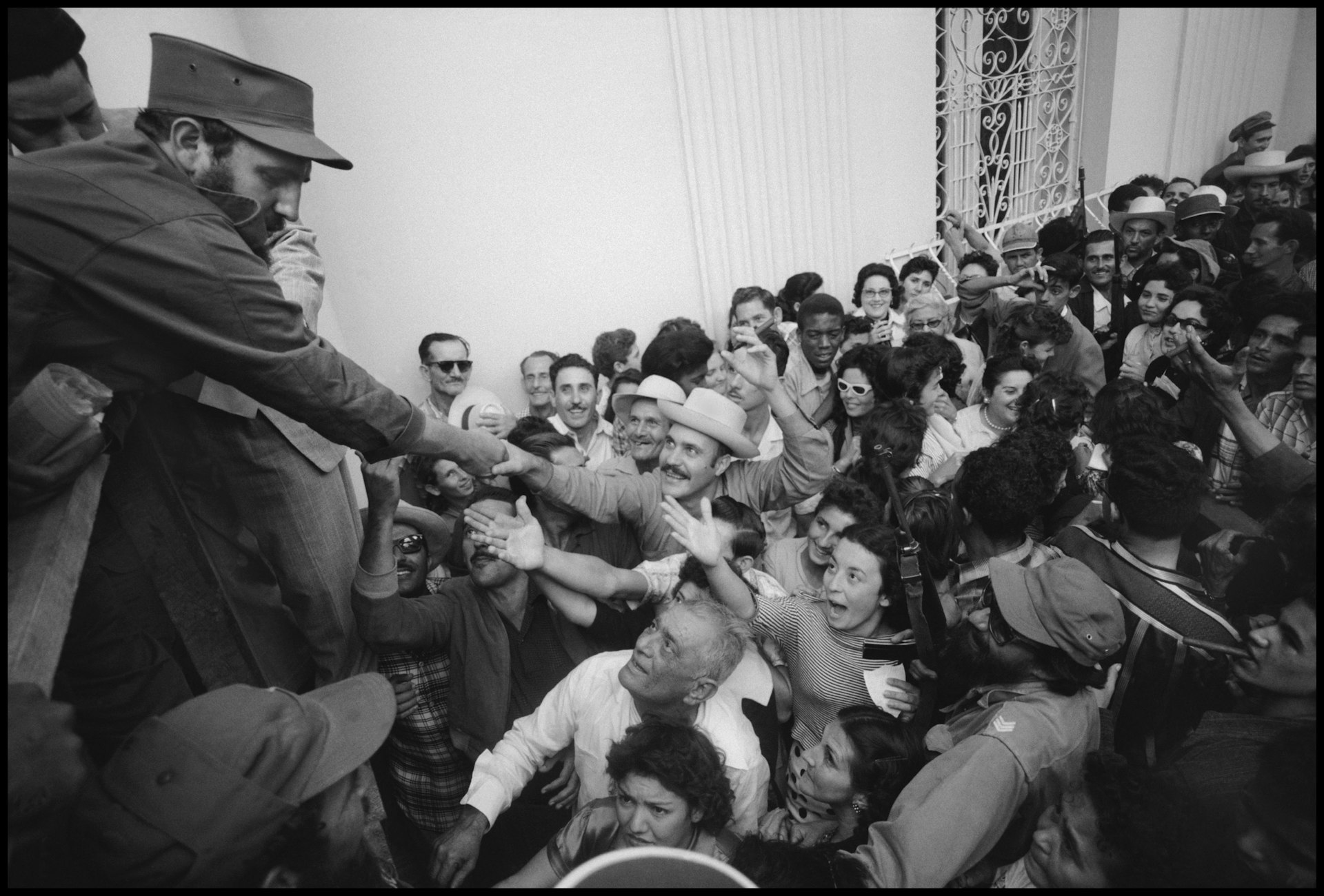
Tackling stigma with gender queer pornstar Jiz Lee
- Text by Marianna Manson
- Photography by Sophia Wallace
Jiz Lee is a gender-queer porn star and activist for sex-workers rights. From performing in and producing porn films such as Crash Pad to speaking at some of the world’s most prestigious academic institutions, Jiz, who uses the gender-neutral pronoun ‘they’, has had a varied and boundary breaking career.
But, despite all this, there is one part of their professional life that Jiz continually harks back to.
Jiz might have more than a decade in the industry under their belt, but ‘coming out’, both as gender queer and as an adult performer, is a process that for Jiz never seems to be completed.
“This is a gradual process,” they say, “with ‘coming out’, you’re never quite done.”
Theirs is a powerful narrative that sings to the prejudice faced by both queer people and those in the porn industry. In an attempt to tackle the stigma that surrounds sex work to this day, together with friends and colleagues Jiz published Coming Out Like A Porn Star late last year, a book that pulls together the testimonies of over 50 adult performers about their experiences.

It’s as important now as ever before: Proposition 60 is a complex initiative which would allow those in the porn industry to be sued by Californian residents for not using condoms in their films. It might sound like a clear cut issue, but the reality is anything but. It’s a topic that’ll be voted on in California’s General Election ballot this November, putting the safety and privacy of the porn community in serious jeopardy.
How did the idea for a book come about? How did you know this would make a powerful story?
When I started asking fellow performers, producers, and other folks behind the scenes how they handle the question ‘what do you do for work?’ I found that I had struck a nerve. EVERYONE had a story to tell.
While each was different, they shared a common theme in that it’s the stigma of having performed that provides our largest obstacle. With queer and trans writers, coming out about porn to family shared a lot of overlap with coming out within sexual and gender identities. Parents want the ‘best life’ for their children, and this desire often clouds their ability to find compassion and understanding of their adult child’s choices
Why is it so vital that these stories are being told now?
The porn community – including authors in this book – are currently trying to defeat Prop 60 on California’s General Election ballot this November. [It claims to] ‘protect’ performers, but was written without adult film worker’s input and dangerously puts us at harm for lawsuits that expose our legal names and home addresses.
This harm is real: porn performers are frequently harassed by stalkers and abusive exes. We frequently face occupational discrimination including having bank accounts frozen and housing rejections, to the most heart breaking of all – fighting custody battles over our children.
As many of the writers in Coming Out Like a Porn Star reveal, it is the stigma from having worked in porn that does the greatest harm. This is the lived result of harassment that women especially receive when they claim ownership of their bodies for pleasure and profit.
Some women argue that sex work and feminism can never go hand in hand.
I find it rather telling (and often, insulting) that sex work is so commonly assumed to be at odds with feminism. No other industry faces such charges, and when you start to question why that may be, it comes back to a cultural denial that a woman can have ownership of her sexuality.
To make overt assumptions that a woman doesn’t have agency simply because she chooses to be sexual reveals a woeful misunderstanding of consent and the concept of feminism itself. The double-standard here is also obvious; male performers face far less stigma about their choice of career, and morality-based ‘anti-porn’ actions against the industry ironically have the most impact on marginalised workers including women themselves.
I believe feminism is actually the most effective in this industry when it centres itself with sex worker’s rights.
Has the success of the book opened up discussions you were hoping to prompt?
I believe it has provided support for performers – as it did for me in the process of creating it – as well as curious fans who now have a relatable, humanising perspective about porn stars and a broader understanding of performers’ need for privacy.
I’m experiencing the joy of being an editor and new author, in finding that the book has taken a life of its own. When I search its title on social media I’m surprised to see it recommended and praised by performers I’ve never met, and I was overjoyed to discover the book appears in at least three academic syllabi. It was my hope in providing a diverse arrangement that readers would find themselves relating to a writer’s experience or informed by a situation they hadn’t considered. That’s the strongest positive feedback I’ve received, so I’d call it a success!
Coming Out Like a Porn Star is available now to buy. You can also find out more about the campaigning Jiz is doing against Prop 60, and their work in the adult industry.
Enjoyed this article? Like Huck on Facebook or follow us on Twitter.
